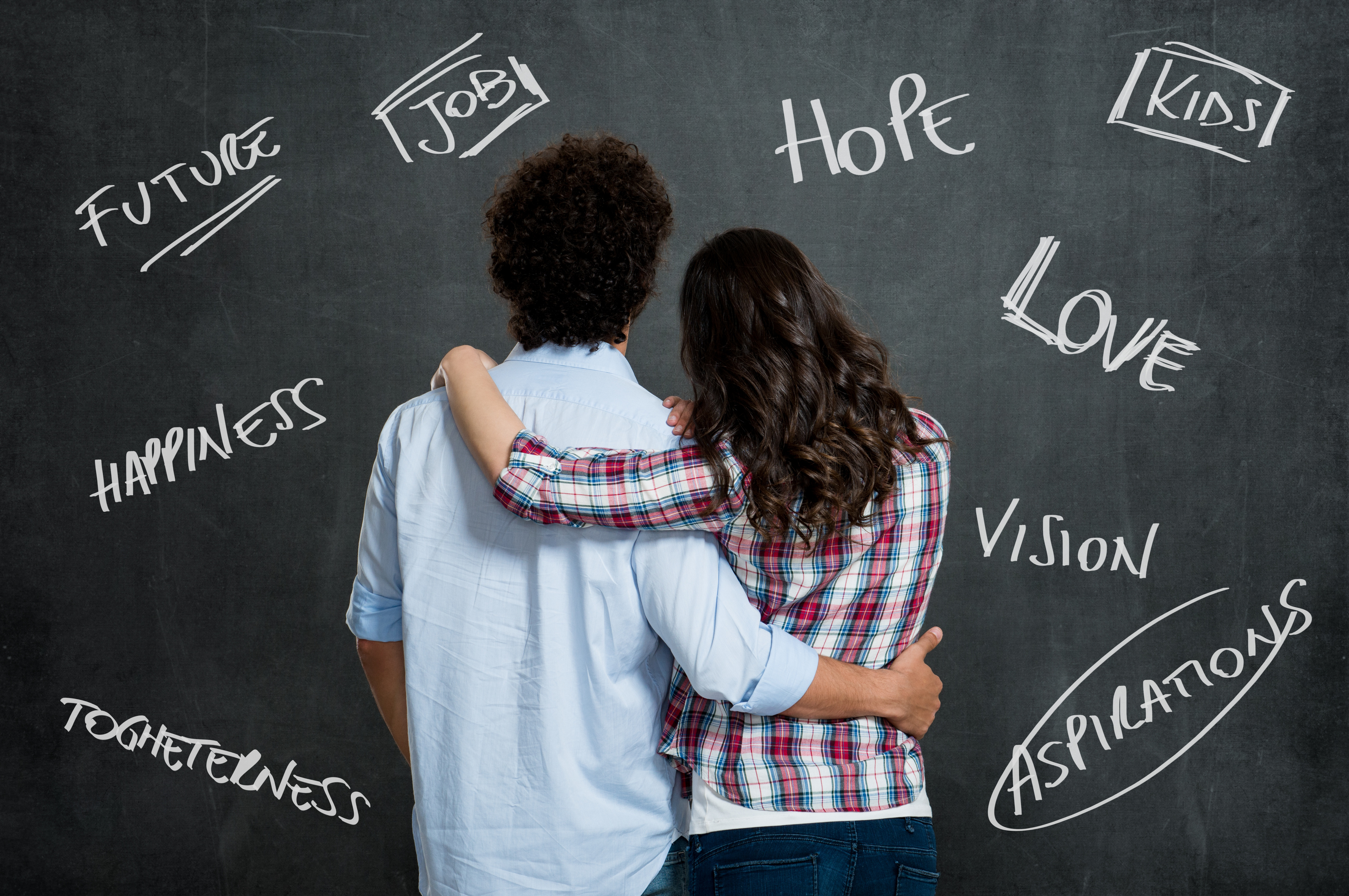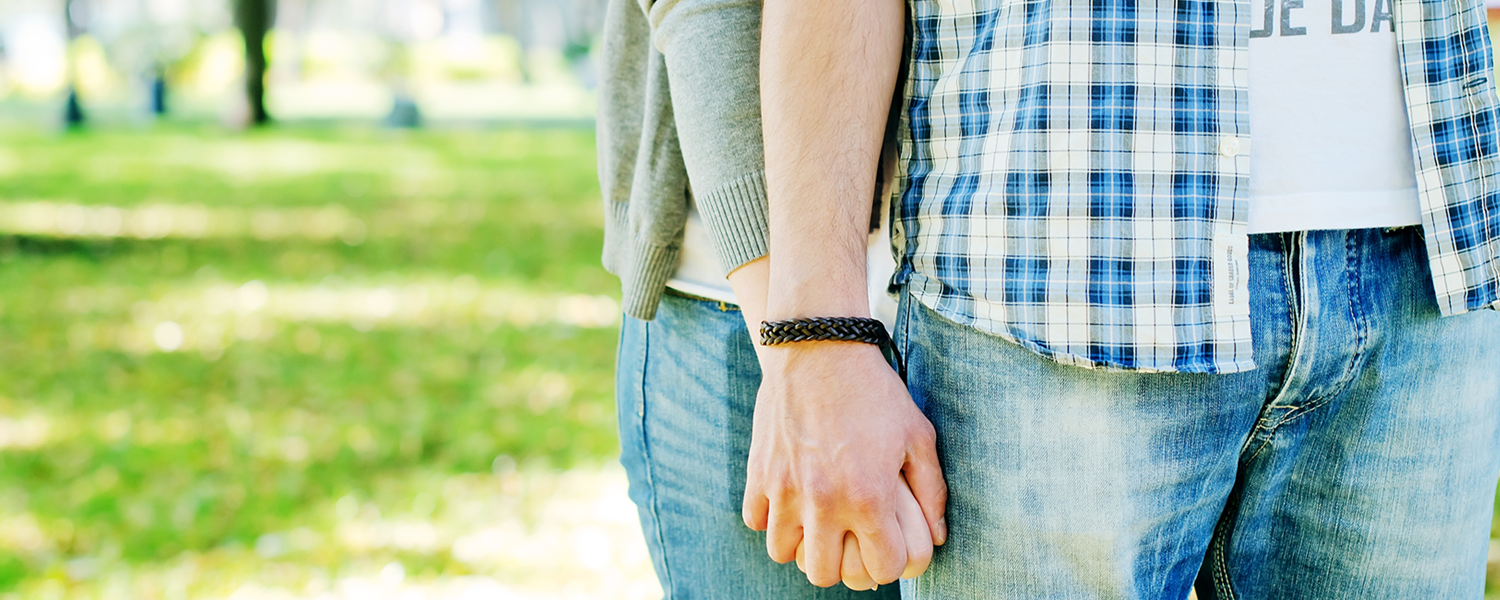Safety & Prevention: Sexual Violence
Sexual violence is any sexual activity when consent is not freely given. Sexual violence can impact anyone of any age, any gender, any sexual orientation. And it’s very common. According to the CDC, 1 in 3 women and 1 in 4 men experience sexual violence during their lifetime. 1 in 3 female rape victims report that they first experienced sexual assault between ages 11 and 17. And nearly 1 in 4 male rape victims first experienced sexual assault between ages 11 and 17.
The statistics are startling and heartbreaking. So if you’re a parent, how do you protect your children? And if you’re a student, how do you protect yourself?
Understand consent. Everyone should ask for consent before touching another person. And kissing or touching require an enthusiastic yes, or it’s a no.
Be an active, helpful bystander. Sexual assault – or any kind of assault – is less likely to happen if we’re looking out for each other. There are some ways we can help each other and create a culture with social norms that discourage sexual violence. Speak up against sexist or homophobic jokes. Confront abusive behavior if it’s safe to do so or get help if it’s not safe to intervene. Keep an eye on people in vulnerable situations. Step in and say something or do something to stop sexual assault. And help friends get home or to a safe location if they’re vulnerable to assault.
Protect boundaries. It’s healthy to have physical boundaries. You decide who can touch you, when you want to be touched, how much you want to be touched, and where you want to be touched. It’s also healthy to have emotional boundaries. You get to decide how close you feel to a person and what information you want to share with that person. Not everybody gets to know all your business or the details of your life. You get to make that choice. And you get to decide what your behavioral boundaries are – what you will or will not do and what rules or moral guidelines you have for yourself. If someone violates your boundaries, you can speak up or get help to protect your boundaries. Sometimes an acquaintance or friend or boyfriend will test boundaries before progressing to sexual assault, so speak up at the first sign that your boundaries aren’t being respected.
Practice safe dating. Nobody ever deserves to be sexually assaulted, and nothing you do ever makes it OK for someone to assault you. Having said that, there are some things you can do to help protect yourself.
- Date in public places. Though it might be fun and less expensive to watch Netflix in the basement, you’ll be safer in a public place.
- Double date or group date – especially if you do want to watch a movie at home. This way, you and your friends can keep an eye on each other.
- Keep watch on your food and drink. We never want to think that someone would slip us drugs in order to make us disoriented or unconscious, but it does happen. Only drink what you open yourself or what you watch prepared by a server/bartender. And don’t leave any food or drink unattended.
- Limit alcohol. (Obviously, if you’re underage, it’s best not to drink alcohol at all.) Alcohol lowers your inhibitions and makes it easier for you to be convinced to go off alone. Too much alcohol can make you lose the ability to protect yourself, so if you’re tipsy or drunk, you’re a target for predators.
- Provide your own transportation. You’re vulnerable when you’re depending on someone else for a ride. Really, you’re at the mercy of the driver. If you drive yourself, you won’t be trapped in a car with someone who wants to sexually assault you.
- Protect yourself. Carry pepper spray with you, so you can spray an attacker and run.
- Only invite people you know very well into your home. Coming into your personal space is a privilege and should be gradually earned over time.
- Trust your gut. If you have an off feeling about someone, trust that. And if you get an uneasy feeling, feel free to leave the date early or refuse any future dates. Don’t worry about seeming rude. Your safety is more important than your coming across as nice or polite. If something feels wrong, go ahead and bail on the date.
These are some strategies to help protect ourselves and minimize the risk of sexual assault. Sadly, though, there isn’t a way to 100% protect ourselves from sexual assault. Evil people will find ways to be evil. Sometimes, even if we do everything we can to protect ourselves, sexual assault still happens.
If you’re a survivor of sexual assault and you need to talk to someone, call us and we’ll listen and connect you to the people who can best help you. Trauma from sexual assault can have a major impact on your life and might be something you need help dealing with – even years or decades later. The big thing we want you to know is that you didn’t do anything to cause sexual assault and you aren’t to blame for what happened to you. You are valuable and you deserve to be healthy and whole.


